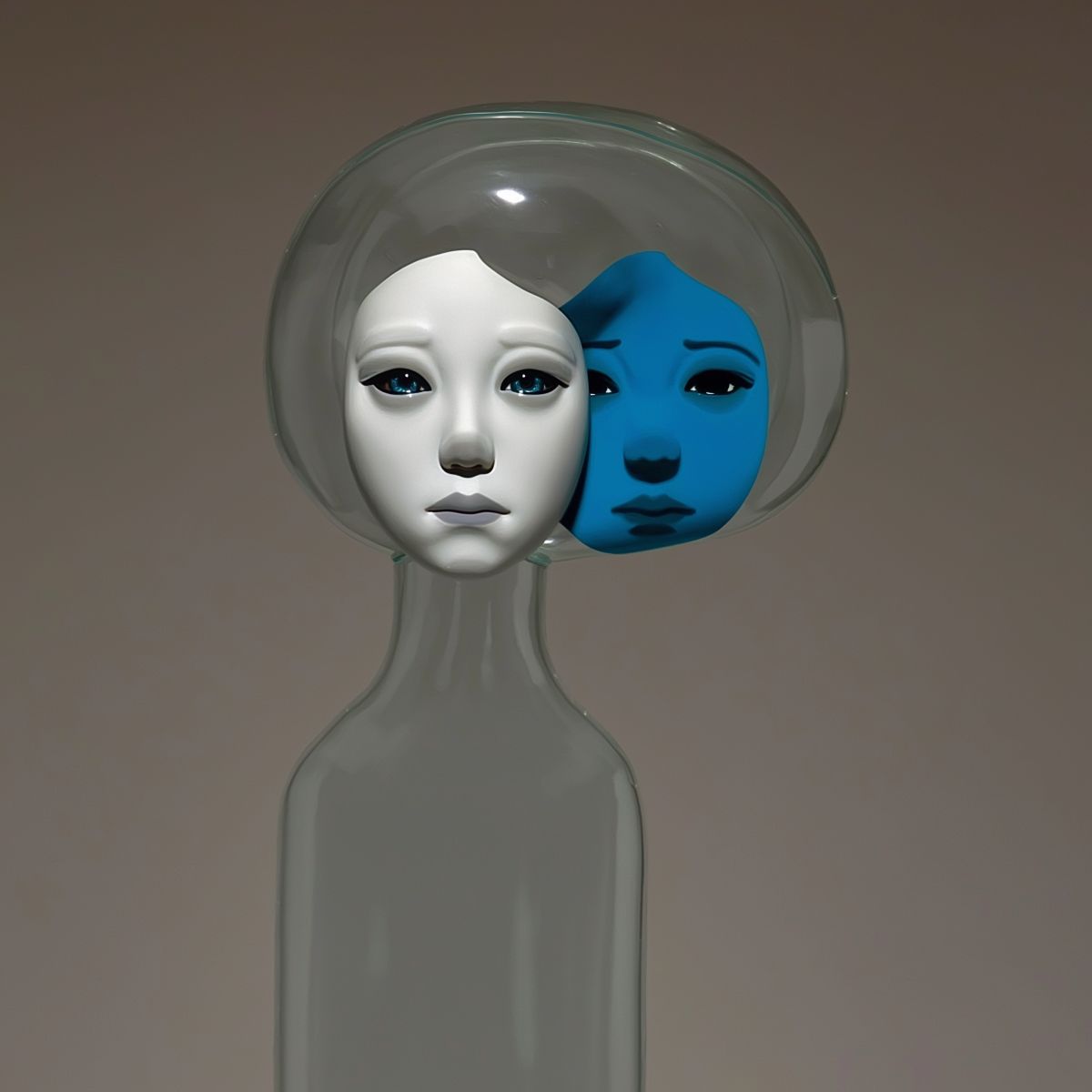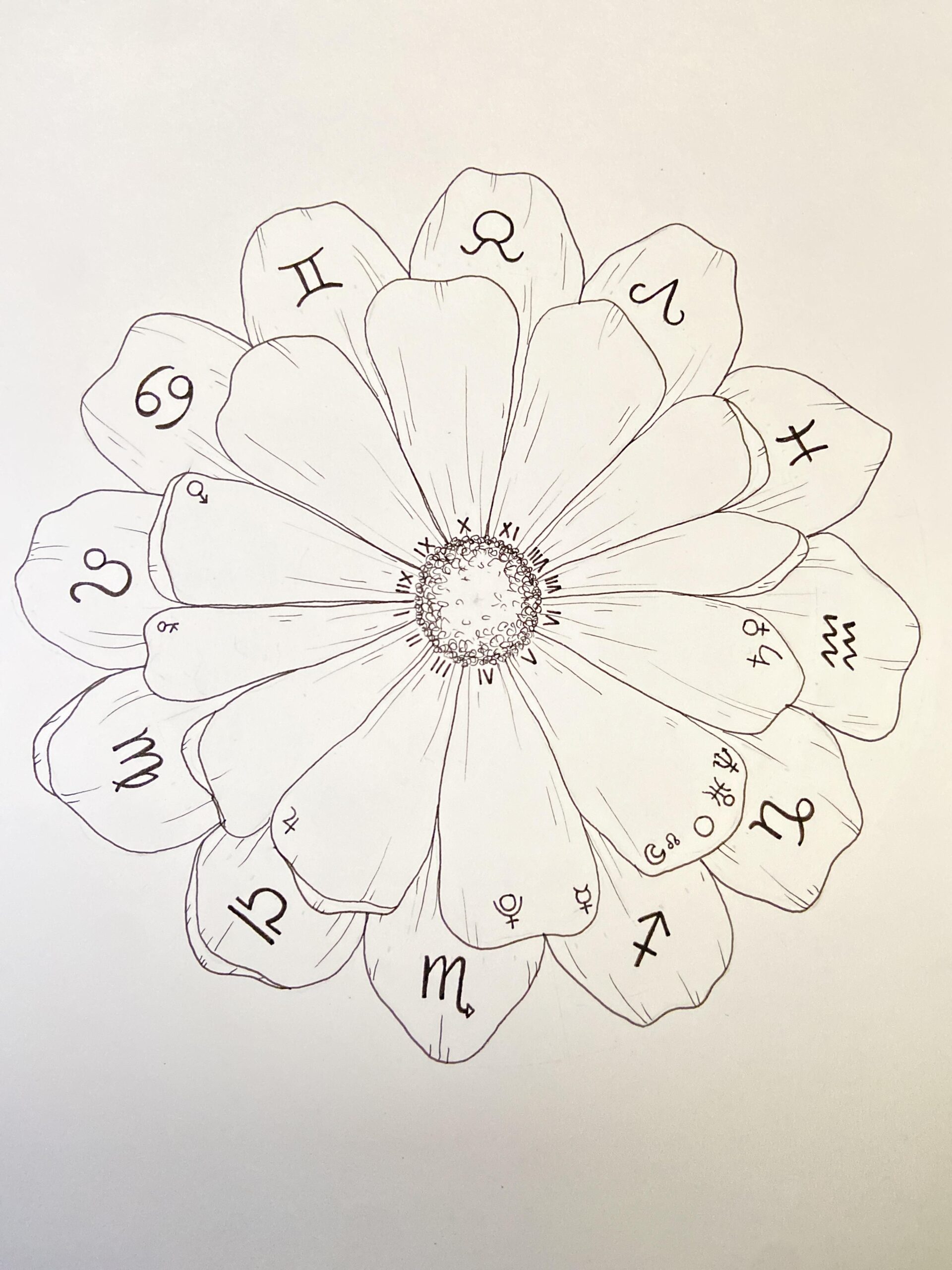
Scorpio: Songs of the Zodiac

The sign of Scorpio offers a fascinating richness that has been explored extensively in astrology. It is symbolized by the scorpion, which can use its own tail to end its life, and thus serves as a powerful symbol in astrological contexts. It suggests a theme of self-destruction or transformation, highlighting the ability to wield power over itself, perhaps to an extreme or self-defeating end. Astrologically the sign is known for its depth, intensity, and capacity for profound emotional experiences. Scorpio is a water sign, and as such, it is connected with the emotional and the intuitive. The “watery symbolism” associated with Scorpio has sometimes been linked to “the stagnant water found in marshes,” painting a vivid picture of emotional states that are deep, sometimes murky, and potentially entrapping.
Stagnant water can be a breeding ground for life but also for decay. It resonates with their ability to harbor deep, sometimes suppressed emotions that can fester if not properly addressed. Repressed negative feelings, if left unchecked, can become toxic—much like contaminated water. Thus, the scorpion’s watery symbolism can be understood as an allegory for emotions that have been ignored or repressed for too long, leading to a psychological landscape that is as hazardous as a neglected marsh.
Scorpios can find themselves mired in intensely recalcitrant emotional states. Often, there is a resistance to change, despite the transformative nature of the sign, and this can lead to periods of stagnation that are emotionally and psychologically taxing. The scorpion’s characteristic response to such feelings can manifest as extreme possessiveness, obsessions, and powerful surges of rage and hatred. These intense emotions, while contributing to the stereotypical view of Scorpios as a dangerous sign, also reflect the depth of their engagement with the emotional realm. However, the intensity of Scorpio is not solely destructive or negative; it is also the source of their deep capability for love, loyalty, and dedication. Scorpios, much like their fellow water sign Cancer, which is symbolized by the crab, present a tough exterior that protects a vulnerable and sensitive interior. Their protective shell guards a deeply emotional and empathetic core, which values deep connections and loyalty above all. Scorpio’s dual nature of being both protective and intensely emotional allows them to form deeply bonded relationships. They are passionately dedicated to those they care for, willing to both fight for and support their loved ones in times of need. This loyalty, however, can sometimes tip into possessiveness or jealousy, as Scorpio’s fear of betrayal or loss can be as intense as their love.
The path to emotional health involves confronting and experiencing one’s deepest feelings fully. It’s a akin to allowing stagnant waters to flow freely again, which can cleanse the psyche. The Scorpio must allow old wounds to heal and make room for new growth in the rich soil of the human experience. Experiencing the full force of every emotion can mean facing the darker aspects of oneself, such as fear, anger, or sorrow, but also about the possibility of renewal and transformation that can follow a new self-awareness.
The scorpion has a fantastic memory; they never forget anything, but if their formative years were traumatic, the experience leaves permanent psychological scars. Relationships later in life may be doomed to failure if the wounds of the past are not healed. The person is skilled at keeping their true emotions hidden until their wounds are touched but trying to do so can be emotionally draining. It’s not uncommon for Scorpios to struggle with substance abuse or alcoholism as a coping mechanism for dealing with the trauma of remembering past tragic experiences.
Dane Rudhyar claims that its emotions are tied to humanity’s common root, making it hard for the individual to overcome its own dark, irrational impulses. Planets in Scorpio allow us to experience the full depth of our emotions, as this sign, like all water signs, is highly sensitive and enjoys a good emotional drama. A scorpion’s reputation precedes it; it is dark, brooding, and devastating.
Traditionally, people were frightened of Scorpio, since it is the eighth of the signs, and was thus often related to the eighth house, the house of death. Varley gives it rather alarming physical characteristics: “Scorpio has been occasionally found to afford one class of human form when it is rising, a near approach to serpents, in the expression of the countenance, especially in the eyes and mouth; and when doing or saying cruel and bitter things, they are apt to be assimilated to the nature of snakes, scorpions, etc.” The watery significance of Scorpio has been explained in different ways. Ingrid Lind says it is “tidal wave of the thundering weight of Niagra.” Having Mars as its ruler, it shows two main martial qualities: aggressiveness and eroticism. Barbault writes that the most murderous sign is also the most fecund. Some modern astrologers prefer to think that it is newcomer Pluto, rather than Mars, who is the ruler of Scorpio. This would only emphasize the dark side of the sign, Pluto being the lord of the underworld. To look on the bright side of the sign, we are told that though the Scorpio man doesn’t set out to please and doesn’t like taking advice, he can be very good company just because he enjoys things so much. Astrology – Louis MacNeice
Happy Halloween: The Shadow World
The symbolism of Scorpio, particularly during its season which encompasses Halloween, carries deep mythological and psychological undertones. This period is marked by themes of transformation, the unseen, and the metaphysical “thin veil” between worlds. Halloween, or Samhain as it is traditionally known in pagan cultures, reflects a time when the boundaries between the living and the dead blur, complementing the intense and probing nature of Scorpio. At this time, we are invited into the often hidden aspects of human existence—the unseen, the mysteries of life itself.
Scorpio’s connection with metamorphosis and the shadow side of human nature is integral to understanding its influence. The shadow, a term popularized by psychologist Carl Jung, refers to the aspects of our personality that we deem undesirable or unacceptable and thus, often repress. Scorpio’s energy encourages the confrontation and integration of these shadow elements, facilitating a journey into personal depths where one must face their inner demons—fears, repressed emotions, and unacknowledged impulses.
The process of transformation in Scorpio is not superficial; it requires delving into these depths, where much of the psyche’s true structure lies out of the immediate reach of conscious awareness. This transformation is often visualized as a descent into the underworld, a common motif in various mythologies where heroes confront and integrate their darker aspects to emerge renewed.
In the psychological context, this can be interpreted as addressing and transforming limiting beliefs—deep-seated convictions that constrain life in negative ways—into perspectives that open possibilities for growth. The transformation from self-loathing to self-love epitomizes the change Scorpio symbolizes. This is not a quick or easy shift. It involves a persistent effort of introspection, acceptance, and healing.
Life, Death, and Rebirth
The sign of Scorpio, represented by the scorpion, encompasses the themes of life, death, and rebirth. These themes are central to its astrological significance, reflecting the intense and transformative nature of this water sign. Scorpios are often seen as caught up in these these cycles, not always by choice, but as a part of their intrinsic nature. Their cyclical energy grants them a unique perspective on the world—one deeply attuned to the undercurrents of existence, human emotion, and the fragility of life itself, as well as life beyond.
Scorpios engage with life’s most fundamental questions and themes—often experiencing personal upheavals and transformations that mirror the metaphysical processes of death and rebirth. Not only does this make Scorpios complex and multifaceted but also gives them a certain deadly fascination. Their deep understanding of life’s darker sides can be both intimidating and incredibly compelling, drawing others into their intense, secretive world.
The path of a Scorpio is thus marked by powerful transformations and deep emotional explorations, embodying the dramatic cycles of destruction and renewal, much like the mythical phoenix, which is often associated with this sign due to its ability to rise anew from its ashes.



















 Venus-Pluto Synastry: A Love So Powerful That It Might Just Kill Them
Venus-Pluto Synastry: A Love So Powerful That It Might Just Kill Them
 Venus-Pluto Aspects: Ruin Me
Venus-Pluto Aspects: Ruin Me
 Sun Square Pluto Synastry: You’ve Got That Power Over Me
Sun Square Pluto Synastry: You’ve Got That Power Over Me
 The Difference: Progressions Vs Transits
The Difference: Progressions Vs Transits
 Moon Conjunct Pluto Synastry
Moon Conjunct Pluto Synastry
 The Twin Journeys of Saturn’s Returns
The Twin Journeys of Saturn’s Returns
 Mars in Aquarius: Sex drive
Mars in Aquarius: Sex drive
 Mars-Pluto Synastry: Something Quite Dark and Dangerous
Mars-Pluto Synastry: Something Quite Dark and Dangerous
 Mars Square Pluto Natal Aspect: The Unbreakable Spirit
Mars Square Pluto Natal Aspect: The Unbreakable Spirit
 Venus Trine Pluto: Dark Desires
Venus Trine Pluto: Dark Desires
 Uranus Transits the 6th House
Uranus Transits the 6th House
 Emotional Understanding: Moon Trine Synastry Aspects Interpreted
Emotional Understanding: Moon Trine Synastry Aspects Interpreted
 Reflections on a Past Venus-Pluto Synastry Aspect
Reflections on a Past Venus-Pluto Synastry Aspect
 Sun Opposite Pluto Natal Aspect
Sun Opposite Pluto Natal Aspect
 Pluto in the 8th House: Secrets of the Soul
Pluto in the 8th House: Secrets of the Soul
 Composite Sun in the 8th House: Weather the Storm
Composite Sun in the 8th House: Weather the Storm
 Venus Trine Mars Synastry
Venus Trine Mars Synastry
 Uranus Transits 8th the House: Rebirth from Chaos
Uranus Transits 8th the House: Rebirth from Chaos
 Mars Conjunct Pluto Natal Aspect: From Ember to Inferno
Mars Conjunct Pluto Natal Aspect: From Ember to Inferno
 Transiting Pluto Aspect Natal Mars: Are You Mad as Hell
Transiting Pluto Aspect Natal Mars: Are You Mad as Hell